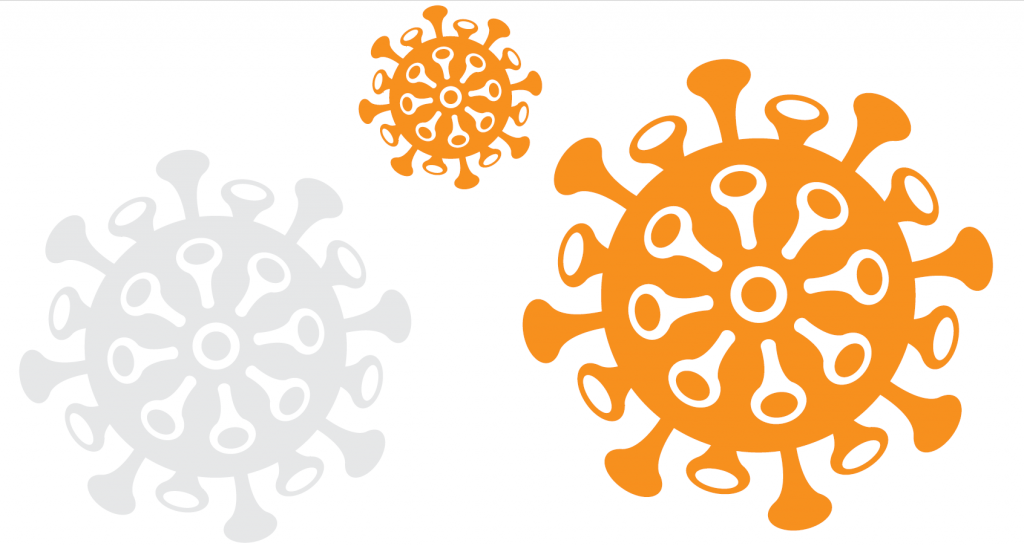
I’d like to wholeheartedly thank the multitude of readers who took the time to contact me last month, expressing support and concern about my emotional wellbeing, following my confession about mental health issues (“It’s ok to admit you’re not ok”). Rest assured that I’m fine, and I appreciate every email, letter and call I received. The article generated heaps of online conversations about mental health, and I hope that it helped a few people to seek out the support that they may need.
Moving on…
While Covid-19 has well and truly disrupted life as we know it—not to mention the countless lives and businesses it’s doubtless destroyed—it may have also, surprisingly, created a few bright spots. Yes, Covid-19 may have actually succeeded in accomplishing (or at least accelerating) some things that mankind was either unable (or stubbornly unwilling) to address.
Take the case of working from home (WFH). Personally, I’ve been WFH for over 12 years, and I’ve long known that you can actually be more efficient (and often work longer hours) than the traditional commuter. Many businesses that had previously scoffed at the WFH model were suddenly all but forced to adopt it – and (surprise, surprise!) it has actually been beneficial to these businesses! And let’s not forget about the benefits to our planet, as reduced traffic and congestion has led to a reduction in air pollution. Telehealth is another industry that is seeing massive benefits, as more people are becoming comfortable using online/virtual meetings with their health care professionals.
Sport, too, has seen massive changes. For years, Aussie Rules traditionalists, administrators and commentators had fought tooth and nail against holding a night/twilight AFL Grand Final. And it would NEVER be held anywhere other than the MCG (perish the thought). But Covid changed all that.
And then there’s golf. While we recently reported about the mini “boom” that golf has been enjoying (read online: www.insidegolf.com.au/news/covid-19-has-it-actually-been-good-for-golf/), there are other mini “wins” that the game is now experiencing. The removal of bunker rakes, for example, has been a boon to many; the “preferred lies” local rule has effectively levelled the playing field for many golfers, making the game more accessible and playable. (I should note that I mentioned this about 10 years ago, having played a few courses near Perth that have been treating bunkers this way for years. Many people scoffed at the idea). It’s also more cost-effective for the club from a maintenance standpoint, and, more importantly, it has improved round times dramatically, as the tedious (and often inconsistent) process of raking slows play.
Speaking of Pace of play: I have long argued that spending five (or more) hours outside, in the fresh air, away from computers and the general distractions of life is a massive health benefit. That said, a quick game is a good game these days. And with the recent Covid-19 restrictions forcing golfers to play in pairs, pace of play has improved dramatically. Let’s not forget that, according to many history books, golf was originally a two-person, match-play game, which was a LOT quicker. Of course, clubs can’t survive on twosomes these days, but it just goes to show how the golf industry has created its own problems over the years: more golfers, longer (and longer) courses, increased difficulty/hazards, restrictive rules, etc. It has all added up.
One of the biggest “Force your hand” impacts, in my opinion, will be on Australian golf’s major events: The 2020 Australian PGA Championship, for example, has been postponed from its usual November/December slot to February, 2021. The Australian Open is likely to follow suit. You will recall that I (and MANY Australian golf journalists) have been advocating for this date change over the last dozen (or more) years – to piggyback on the Hawaii events, etc. Our major men’s events have been languishing for decades due to poor attendance by the world’s top players (on the men’s side, anyway – the women’s events attract a decidedly higher echelon of their top players). Golf Australia has long argued that the November/December scheduling was our best way to get a “world-class field”, as well as draw the Aussie stars. Unfortunately (apart from The Presidents Cup/World Cup years) it had little positive effect on drawing the world’s top players to our shores. This created a chicken and egg scenario: If we can’t draw the big names, then we can’t draw the big sponsors and prizemoney, which, in turn, means we can’t draw the big names… (and on and on).
So, Mother Nature has accomplished what the golf industry has refused to address. While the long-term results of these changes are yet to be seen, we can only hope that they yield the same impressive gains we are seeing elsewhere.
Stay safe, and will see you on the (virtual) fairways.
Richard




